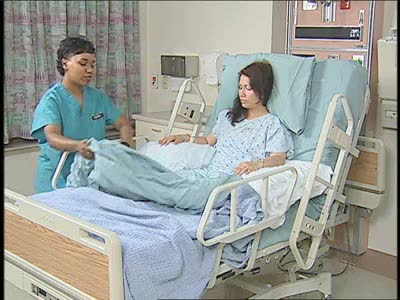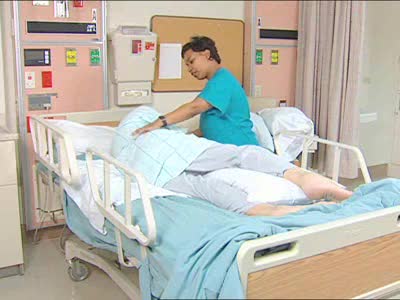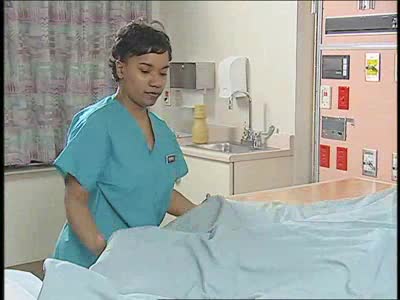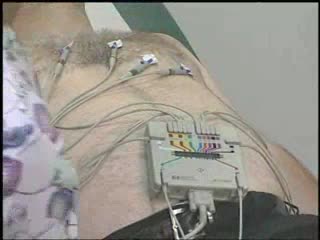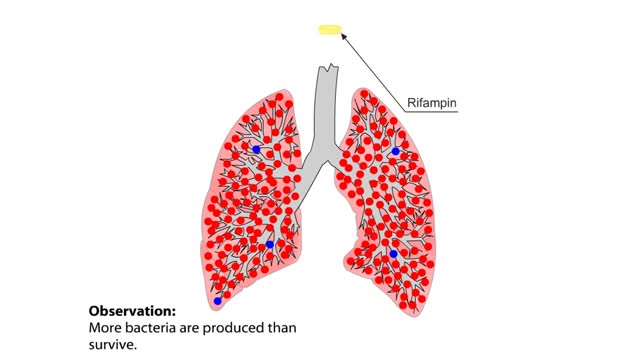Search Results
Results for: 'patient'
By: Administrator, Views: 543
Anatomic: Body erect, head facing forward, arms by the sides with palms to the front; used as a standard anatomical position of reference Dorsal recumbent: On back with lower extremities flexed and rotated outward; used in application of obstetric forceps, vaginal and rectal examination, and ...
By: Administrator, Views: 573
Anatomic: Body erect, head facing forward, arms by the sides with palms to the front; used as a standard anatomical position of reference Dorsal recumbent: On back with lower extremities flexed and rotated outward; used in application of obstetric forceps, vaginal and rectal examination, and ...
By: Administrator, Views: 14367
Anatomic: Body erect, head facing forward, arms by the sides with palms to the front; used as a standard anatomical position of reference Dorsal recumbent: On back with lower extremities flexed and rotated outward; used in application of obstetric forceps, vaginal and rectal examination, and ...
By: Administrator, Views: 13883
An electrocardiogram (ECG or EKG) is a test that checks how your heart is functioning by measuring the electrical activity of the heart. With each heartbeat, an electrical impulse (or wave) travels through your heart. This wave causes the muscle to squeeze and pump blood from the heart. Sinoat...
Dissociative Disorders (Part 1)
By: Administrator, Views: 14040
Dissociative disorders (DD) are conditions that involve disruptions or breakdowns of memory, awareness, identity, or perception. People with dissociative disorders use dissociation as a defense mechanism, pathologically and involuntarily. Some dissociative disorders are triggered by psychological...
Dissociative Disorders (Part 3)
By: Administrator, Views: 13987
Dissociative disorders (DD) are conditions that involve disruptions or breakdowns of memory, awareness, identity, or perception. People with dissociative disorders use dissociation as a defense mechanism, pathologically and involuntarily. Some dissociative disorders are triggered by psychological...
Dissociative Disorders (Part 2)
By: Administrator, Views: 13969
Dissociative disorders (DD) are conditions that involve disruptions or breakdowns of memory, awareness, identity, or perception. People with dissociative disorders use dissociation as a defense mechanism, pathologically and involuntarily. Some dissociative disorders are triggered by psychological...
Mycobacterium tuberculosis: Drug Resistance and Natural Selection
By: HWC, Views: 9805
The evolution of drug resistance in microorganisms, such as M. tuberculosis, that cause human diseases is of particular concern to biologists. When Mycobacterium tuberculosis infects the lungs of humans, it causes the disease tuberculosis, also called TB. Once infected, the lungs act as a new...
Advertisement



